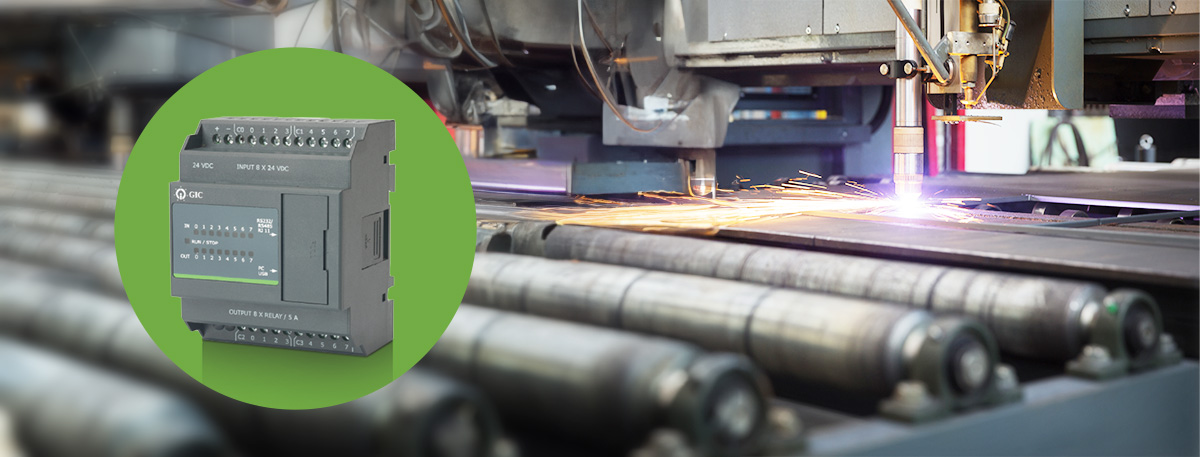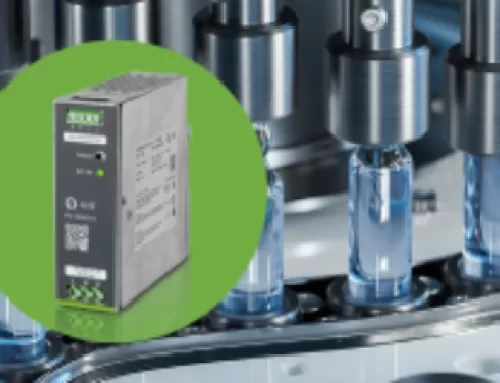
Real-Life Applications of PLCs in Manufacturing and Process Industries
Introduction:
Programmable Logic Controllers (PLCs) are integral to modern industrial operations, providing versatility, precision, and control. This blog explores various real-life applications of PLCs and their significant impact on manufacturing and process industries.
1. Automotive Manufacturing
In the automotive industry, precision and efficiency are critical. PLCs control assembly lines, coordinating robots, conveyors, and other machinery. They manage tasks such as welding, painting, and assembly, enhancing production speed and consistency. For example, PLCs monitor and adjust assembly robots’ movements to ensure each car part is perfectly positioned and assembled, reducing errors and downtime.
2. Food and Beverage Industry
PLCs are crucial in maintaining quality and safety standards in the food and beverage industry. They regulate processes like mixing, baking, and packaging, ensuring consistent product quality. For instance, in beverage production, PLCs control ingredient amounts, mixing times, and temperatures, ensuring each batch meets strict quality standards. Additionally, PLCs monitor hygiene and cleaning cycles, which is essential for compliance with health regulations.
3. Chemical Processing
The chemical industry requires precise control over complex processes. PLCs manage variables such as temperature, pressure, and flow rates, ensuring safe and efficient chemical reactions. In a chemical plant, PLCs control the addition of reactants, maintain reaction temperatures, and monitor the output, ensuring the process stays within safe operational limits. This minimizes the risk of hazardous incidents and optimizes production efficiency.
4. Textile Manufacturing
Textile manufacturing involves processes like spinning, weaving, and dyeing, each requiring precise control. PLCs automate these processes, enhancing speed and uniformity. For example, in a weaving mill, PLCs synchronize the operation of multiple looms, ensuring consistent fabric quality and reducing the likelihood of defects. In dyeing, PLCs control the dye mixture and application process, ensuring even coloration and reducing waste.
5. Oil and Gas Industry
PLCs play a vital role in the oil and gas industry, managing operations like drilling, refining, and distribution. They ensure safe and efficient control of equipment, monitor production parameters, and facilitate real-time data collection. In drilling operations, PLCs control the drill’s speed and pressure, optimizing the drilling process and preventing equipment damage. In refineries, they manage the complex distillation processes, ensuring optimal separation of crude oil into its various components.
6. Pharmaceutical Manufacturing
In pharmaceutical manufacturing, precision and reliability are crucial. PLCs control processes such as mixing, granulation, and packaging, ensuring compliance with stringent regulatory standards. For example, PLCs manage the precise mixing of ingredients, monitor environmental conditions during production, and ensure accurate labeling and packaging of the final product, which is essential for patient safety and regulatory compliance.
Conclusion
PLCs are indispensable in various industries, offering enhanced control, efficiency, and safety. From automotive manufacturing to pharmaceutical production, PLCs streamline operations, reduce errors, and ensure high-quality output. As technology advances, the role of PLCs in industrial automation is set to expand, driving further innovation and efficiency in manufacturing and process industries.




